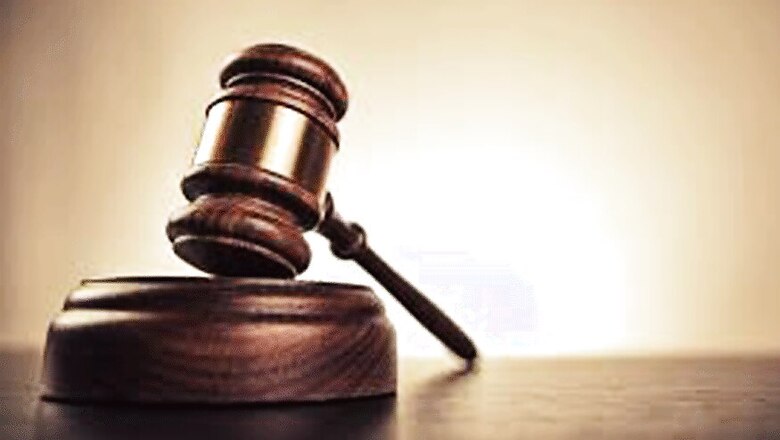
views
Last week former Coal Secretary HC Gupta was convicted by the CBI court to three years in jail also asked to pay a fine of Rs 1 lakh. This is the first time a Secretary level officer has been convicted by courts. A few years back, the former Chief Secretary to Government of Uttar Pradesh Neera Yadav, along with another senior IAS officer Rajeev Kumar, was awarded a four-year sentence by CBI court for misusing her authority to benefit her daughter, while serving as Chairman of Noida authority. The sentence awarded to Yadav was upheld by the Supreme Court and she is undergoing her jail term in Dasna Jail of Ghaziabad district.
These are stray cases where people occupying top positions in bureaucracy have been brought to book finally. There are several other instances of senior functionaries facing inquiries and being charge sheeted, but are seldom pronounced guilty by our courts of law.
This has led to a scenario where people believe that it is an eyewash, a kind of drama, and ultimately guilty bureaucrats go scot free.
Things started to change a bit after courts convicted Lalu Yadav, OP Chautala, Jayalalithaa in corruption cases. Today a kind of environment has slowly, but surely, developed in which even high and mighty are not feeling safe and secure.
In the past seldom anybody got punished for any kind of corruption, misuse of authority, plundering went on unabated post-Independence. If we look at the major scams that have rocked our nation, the sheer numbers are mindboggling with staggering amounts involved.
Sadly, despite all the media exposure and debates on news channels and in Parliament, corruption rules the roost at the top. Experience tells us that corruption travels from top to down and unless the top is cleaned, we as a nation will continue to suffer. In this light the conviction of former Coal Secretary is significant.
At present a serious debate is going on in bureaucratic circles that honest officers need more protection to be able to express their views and opinion fearlessly and perform their duties honestly, lest governance suffer. It has also been argued that protection, of prior approval of the government before trial, available to a serving civil servant should be extended post retirement also. Many have expressed the opinion the Mr. Gupta, who enjoyed a good reputation during his career, should have been protected by the State and government should have come to his rescue. These arguments hold no ground. Law of the land should not discriminate between a civil servant and an ordinary citizen. Anyone, once questioned in a court of law should stand for himself and explain his conduct to the satisfaction of the courts established by law.
Supreme Court has several times laid down the principle that a public servant is protected under law only to the extent of actions taken by him during the due discharge of his duties and not otherwise, and taking bribe or helping someone illegally at the cost of state exchequer does not fall within the definition of "action taken during the due discharge of one's duty". In the coal scam case, clearly the public exchequer lost thousands of crores of rupees due to illegal allotment of coal mines to various persons. The question is why these public functionaries did not act immediately and why they failed to protect the legitimate interests of the government for which he or she were being paid hefty salaries from public exchequer. Why did the then secretary Coal GoI not decline to sign those files concerning the coal block allocations. Why did he fail to point out clearly the pros and cons of the proposed decision? Why did he fail to say no to the illegal demands of the then Coal Minister? Why he failed to see the facts which were later on discovered by the team of auditors of CAG? Naturally, all those involved in the decision making have to answer these uncomfortable questions, including our former Prime Minister, who was incharge of the Coal Ministry during that period, and the set of officers assisting him in PMO. The time has come to make every public servant from top to bottom accountable for their acts of commissions and omissions.
The tragedy is that in our country scams have continued unabated all these years despite huge public outcry, media exposure and parliamentary debates and disruptions.
The global experience shows that it is more a question of will of the state or of the people which is central to the issue of eradication of corruption. Those who have worked in this field for years are of the opinion that we do not need any new law, instead we need to implement the existing laws effectively. That corruption can be checked to a large extent if we focus on direct action against corruption at high places. It may be clearly understood that if the top is clean, the system below falls in place and automatically tunes itself to an honest way of working.
As the popular maxim goes "Caeser's wife should be above all suspicion", needless to say that all political functionaries holding high public offices ought to be persons of impeccable integrity,for our country to rid itself of the menace of corruption
— Author is former secretary, Government of India. Views are personal


















Comments
0 comment